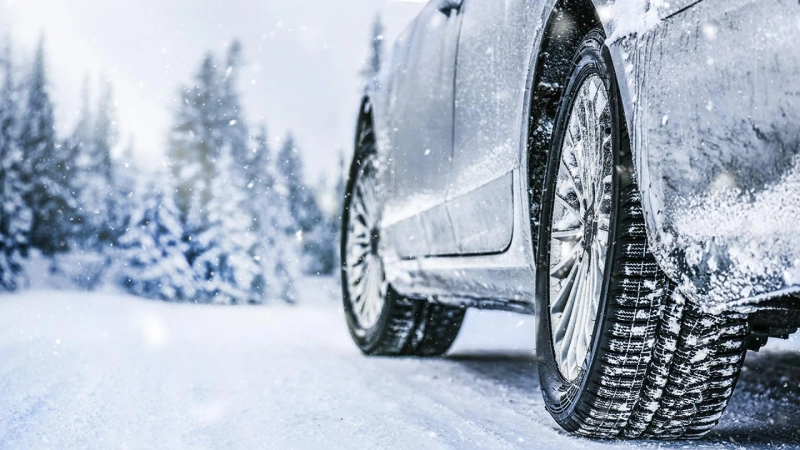Are you ready to hit the open road but uncertain about what safety measures you should take? If so, then this blog post is for you! We will explore some of the most commonly asked questions about road safety and provide answers that will help ensure your journey is as safe as possible. From what kind of car to buy and how to properly use technology while driving, know that your next drive can be stress-free by taking simple precautions. So start off on the right foot with these important tips and guidelines!
How frequently should I check my car tyres?What shall be the minimum legal tread depth of the tyre?Are there any fines for driving illegal tyres?Why should I keep a check on the tyre's tread depth?What is the correct tyre pressure? And why is it important?1. How Frequently Should I Check My Car Tyres?
Safe driving requires attention to simple details such as the condition of your tyres. It's recommended to check your car tyres at least once a month, especially if you're driving on rough terrain. Make sure the car has Dunlop grandtrek tg28 tyres installed. The tread depth should be checked regularly and spun periodically for any signs of uneven wear. Doing these inspections give you peace of mind that the tyre is safe and roadworthy - they also help to identify any potential issues before they become bigger problems down the road. Inspecting your car tyres can help extend their life, improve performance, and ensure a safer journey for you and your passengers.
2. What Shall Be The Minimum Legal Tread Depth Of The Tyre?
The minimum legal tread depth of a tire varies by jurisdiction. In the UAE (United Arab Emirates), the minimum legal tread depth for passenger car tires is 1.6 millimeters (mm) across the central three-quarters of the tire tread, and around the entire circumference of the tire, according to the Emirates Authority for Standardization and Metrology (ESMA). It is important to note that this is the legal minimum and that replacing tires before they reach this point is recommended to ensure safe driving conditions. Regular tire inspections and maintenance can help guarantee your tires are in decent condition and perform optimally.
3. Are There Any Fines For Driving Illegal Tyres?
Yes, driving with illegal or defective tyres in the UAE can result in fines and other penalties. According to the UAE Traffic Law, if a vehicle is found to have illegal tyres, the driver can be fined up to AED 500 and have four black points added to their driving record. Additionally, if the driver is involved in an accident due to the illegal tyres, they can be held liable for any damages or injuries caused.
4. Why Should I Keep A Check On The Tyre's Tread Depth?
Keeping a check on your tyre's tread depth is essential for maintaining your safety on the road. Tread depth refers to the depth of the grooves on the surface of your tyre, which helps to provide grip and traction on the road. Here are some reasons why you should keep a check on your tyre's tread depth:
Improved safety: Adequate tyre tread depth is critical for maintaining grip and stability on the road. If your tyres are worn down, they will be less effective at maintaining traction, increasing your risk of accidents and skidding.Better handling: Tyres with good tread depth offer improved handling and responsiveness, allowing you to better control your vehicle and respond to changing road conditions.Reduced stopping distance: Worn-down tyres take longer to stop your vehicle, which can be especially dangerous in emergencies. Tyres with good tread depth can help reduce your stopping distance, giving you more time to react.Improved fuel efficiency: Worn-down tyres can increase your vehicle's rolling resistance, decreasing fuel efficiency and fuel costs.5. What Is The Correct Tyre Pressure? And Why Is It Important?
The correct tyre pressure is essential to ensure the safe operation of a vehicle. It ensures the tyre maintains contact with the road, maximising its grip and minimising shop accidents - especially during wet or icy weather conditions. An under-inflated tyre increases rolling resistance which in turn reduces fuel economy and causes excessive wear on both tyres and mechanics.
Over-inflating a tyre can lead to poor handling, shortening its lifespan, and even blowing it out while driving. Therefore, regularly checking tyre pressures should be part of a standard maintenance routine for safety and to ensure optimal efficiency when using your vehicle. Ensuring your tyres are set at the recommended pressure levels is an easy way to get the most out of your journey without putting yourself or anyone else at risk.


